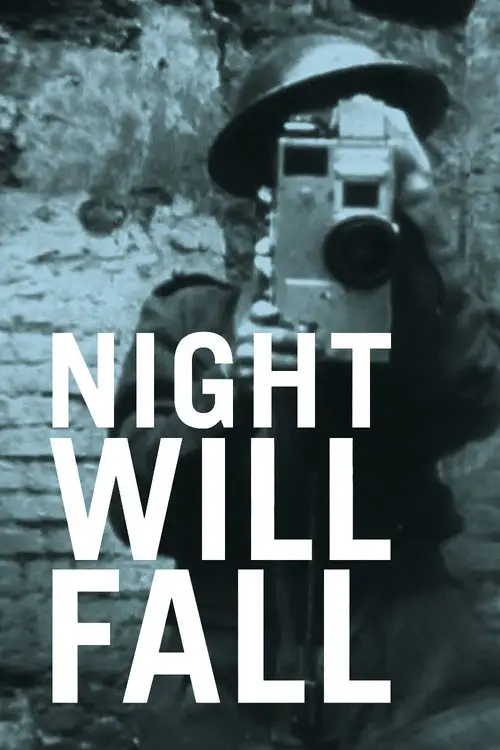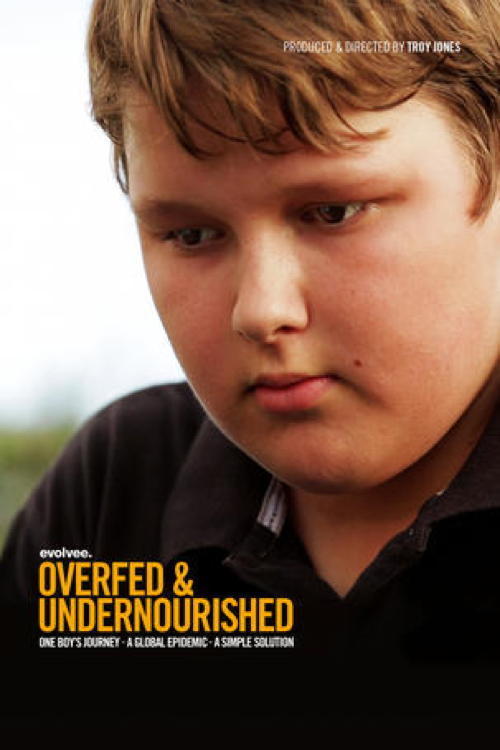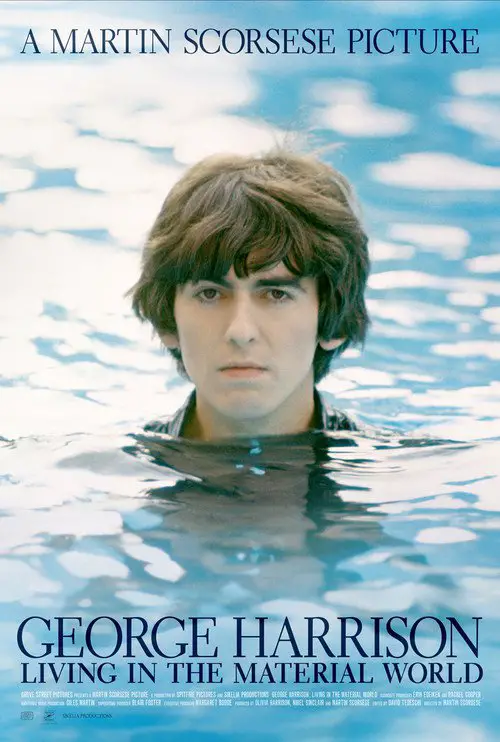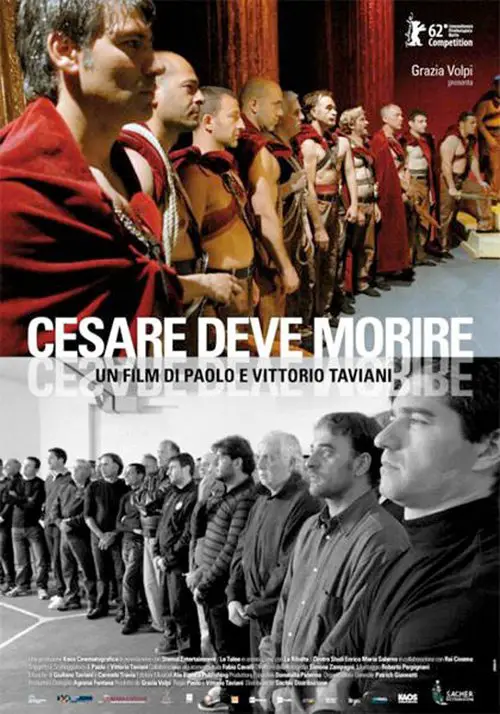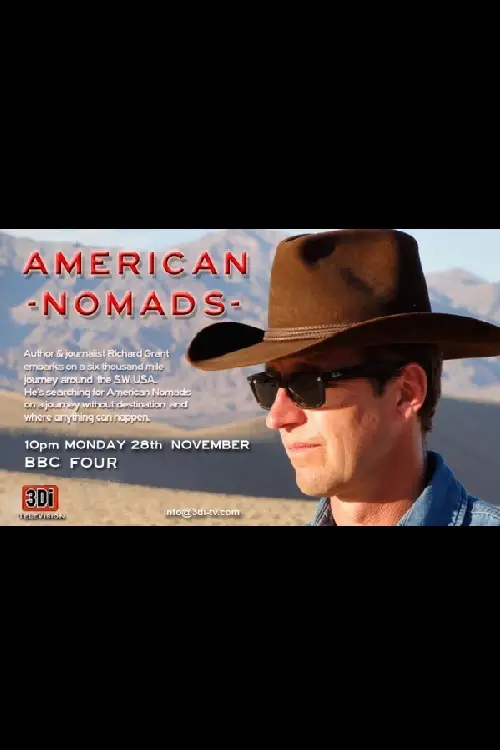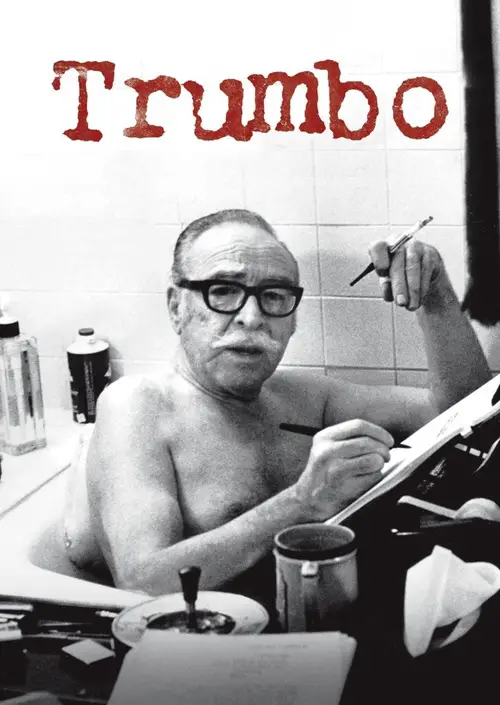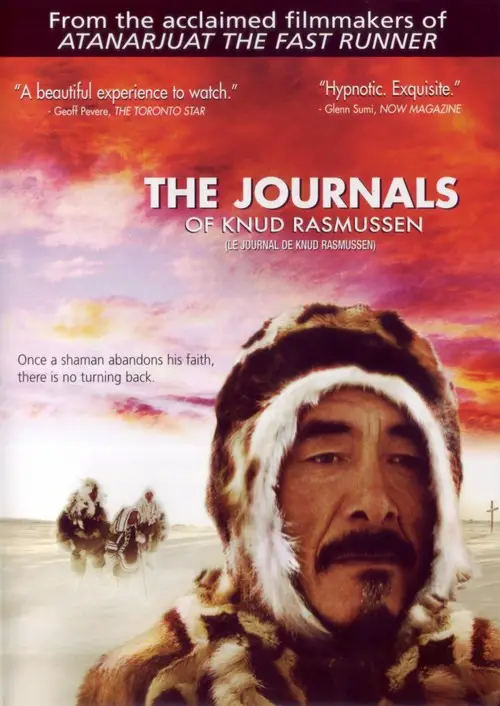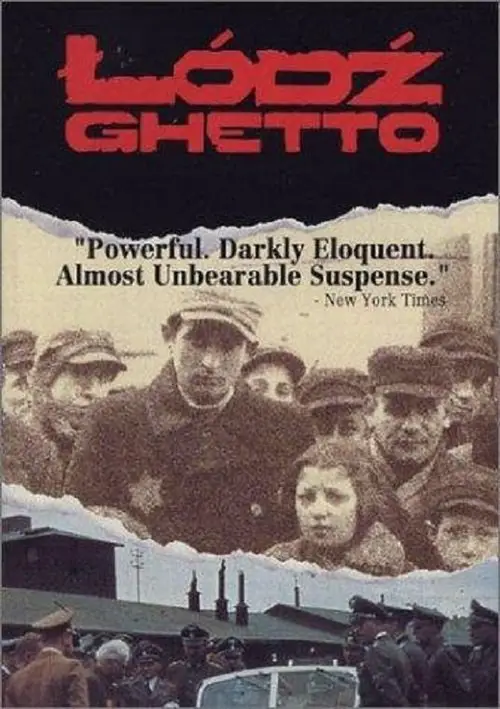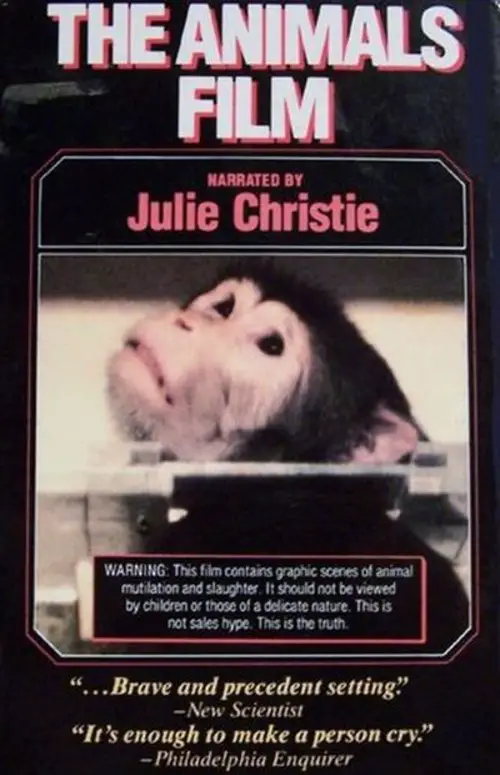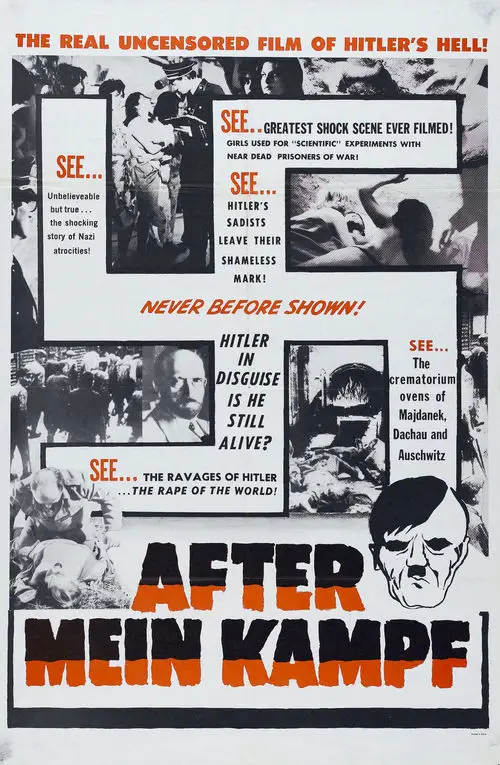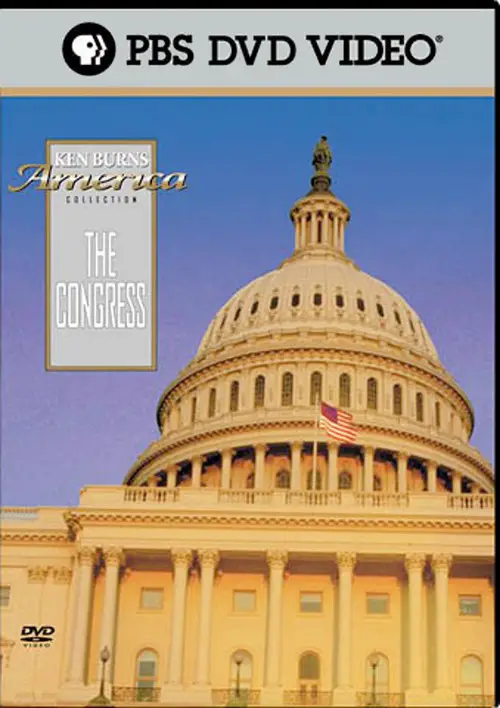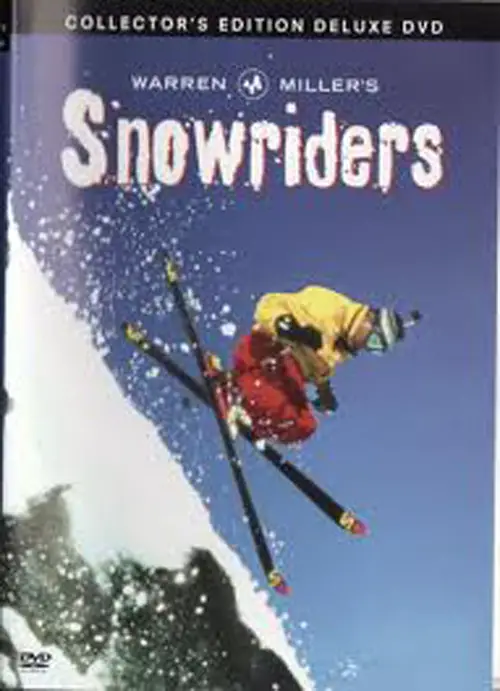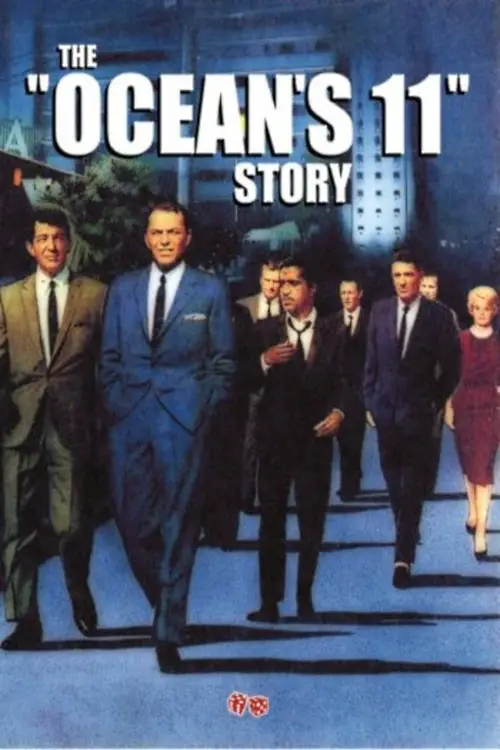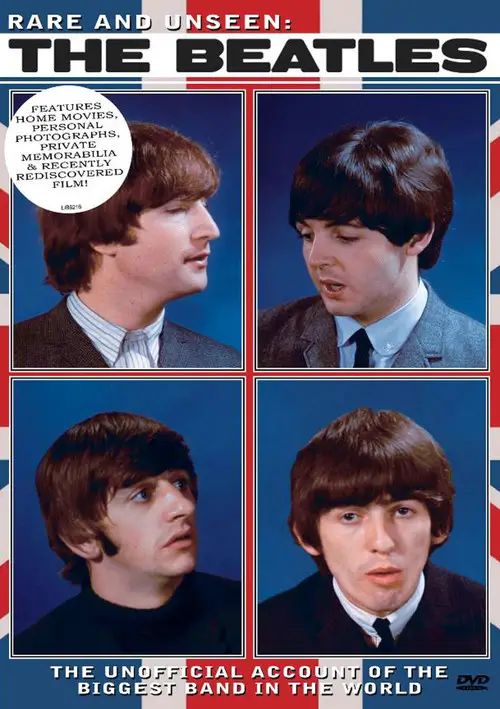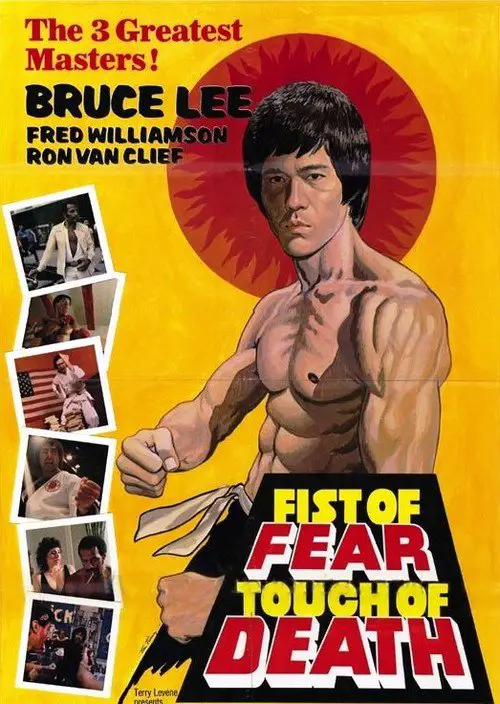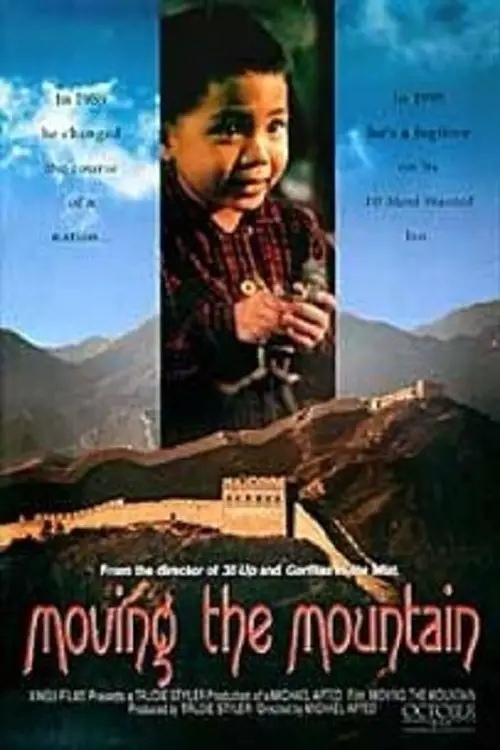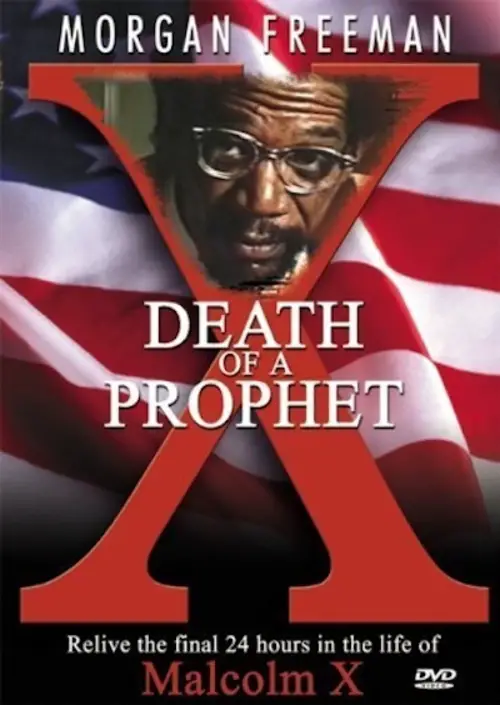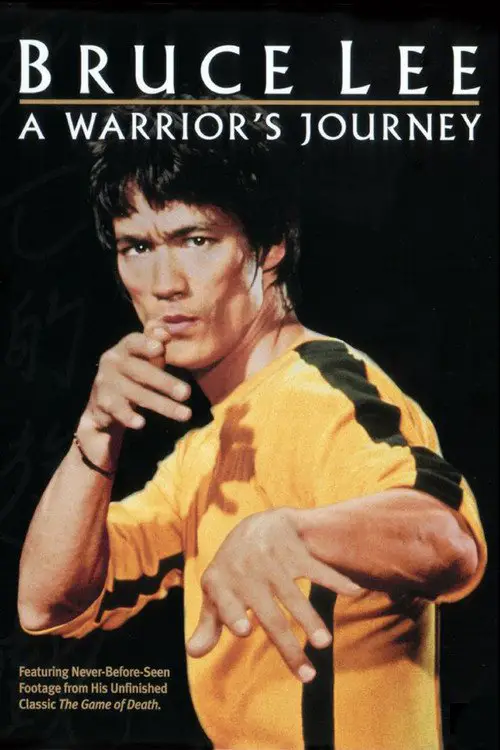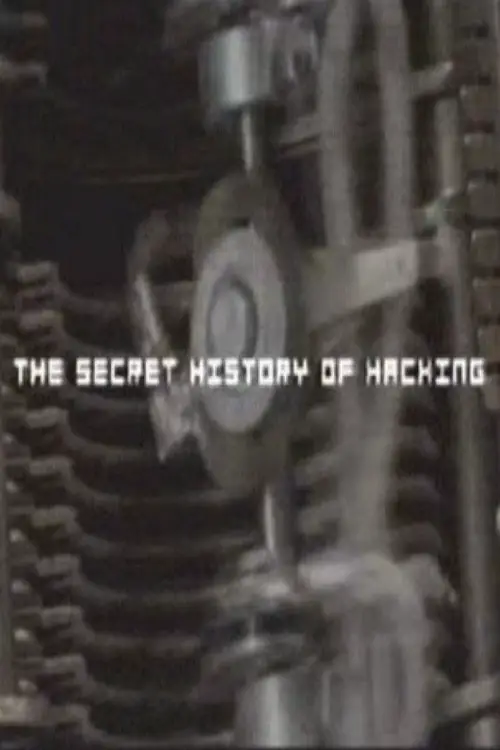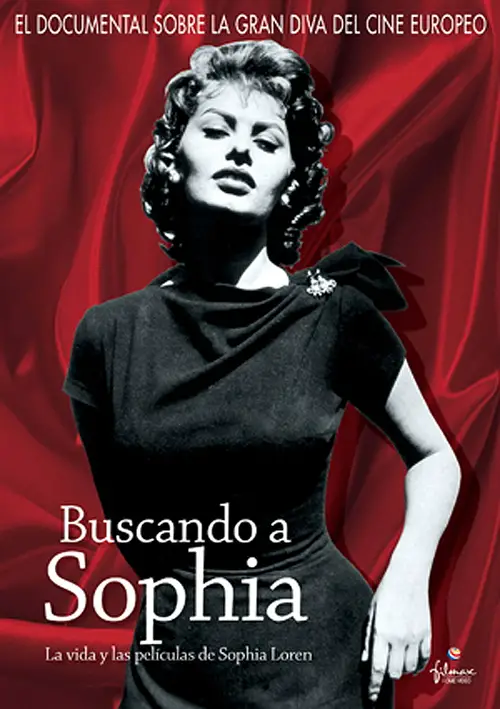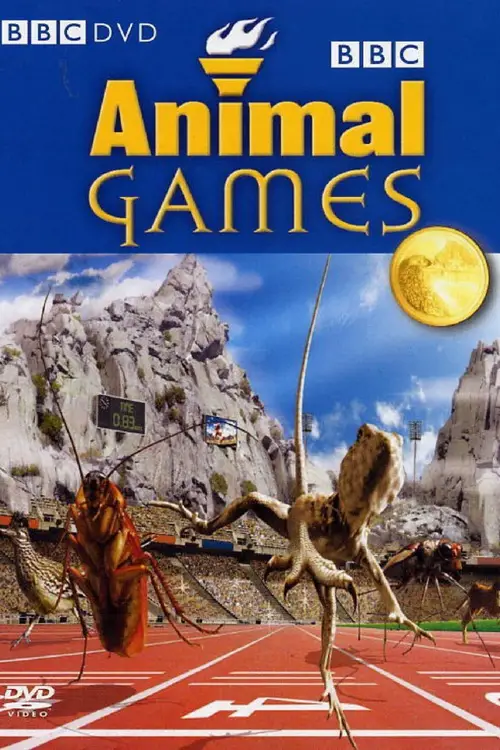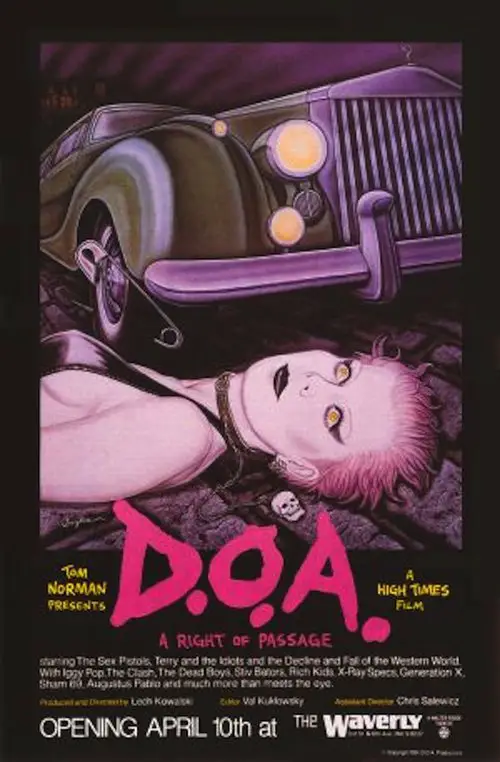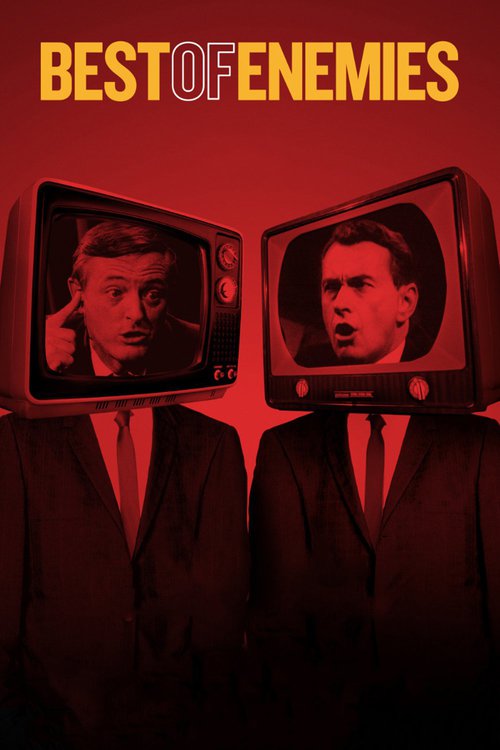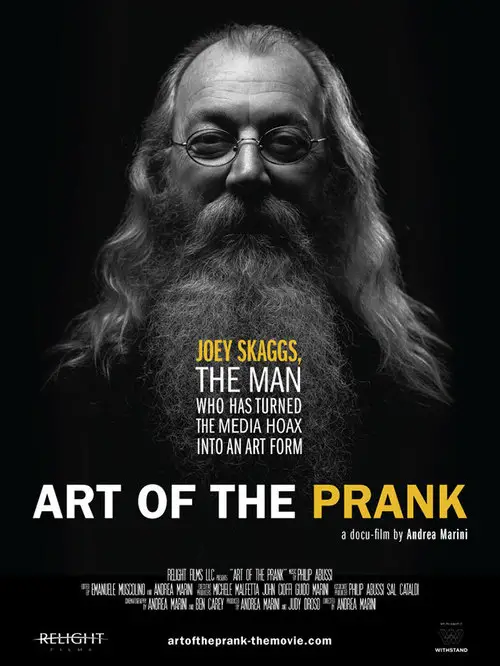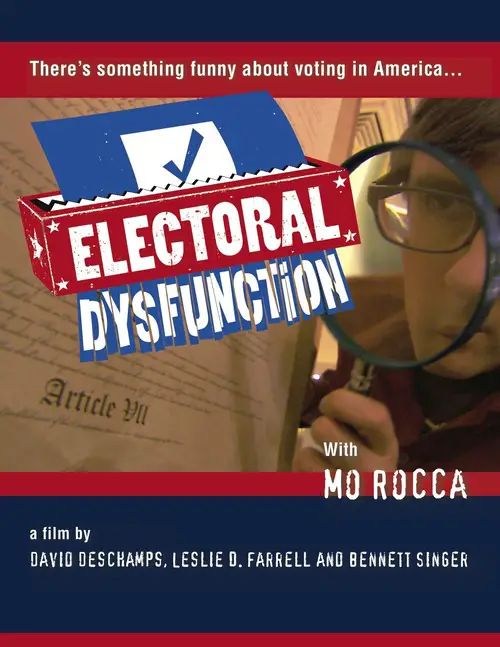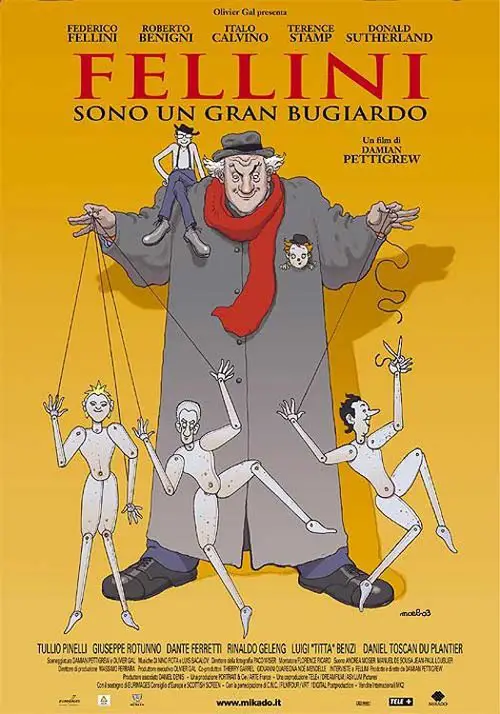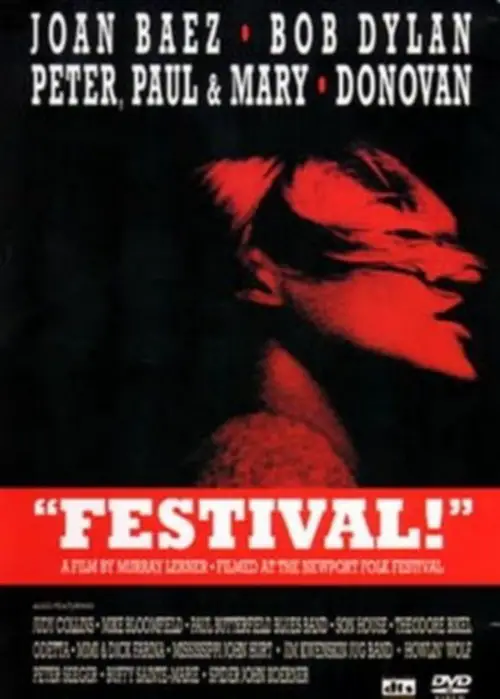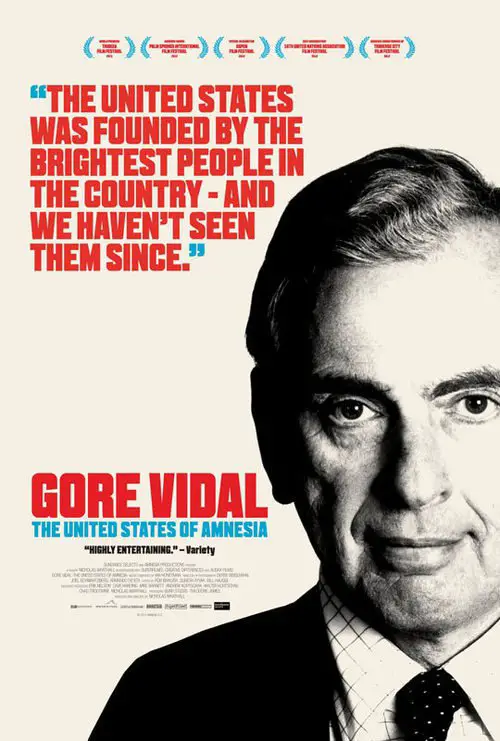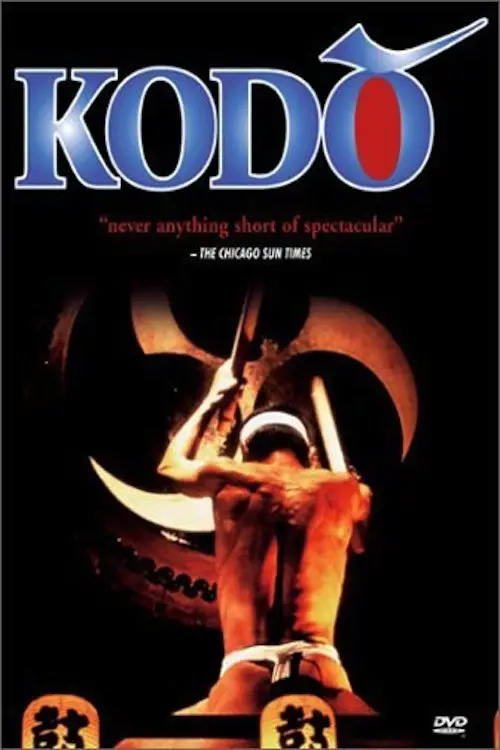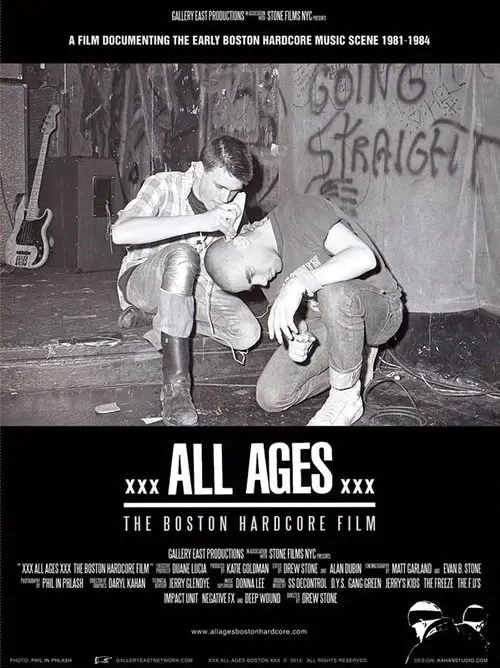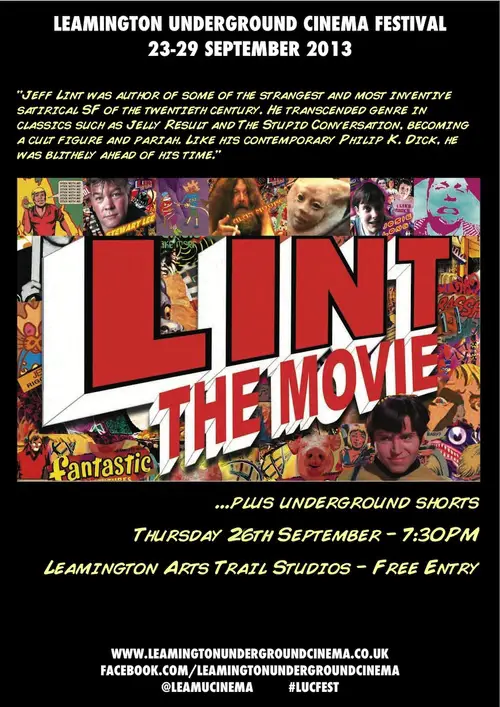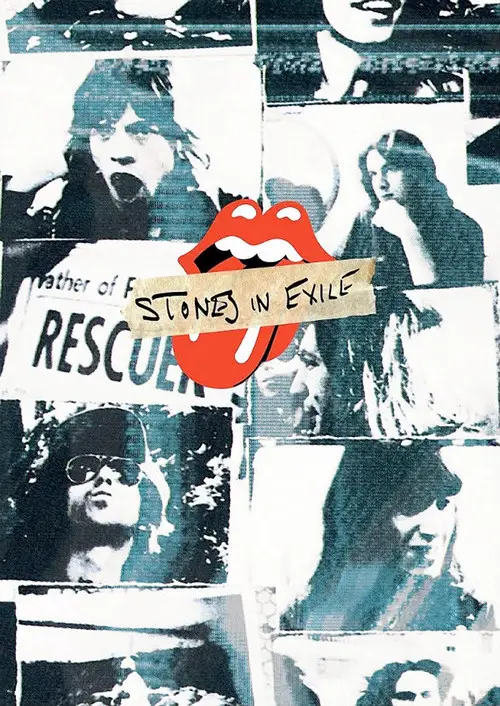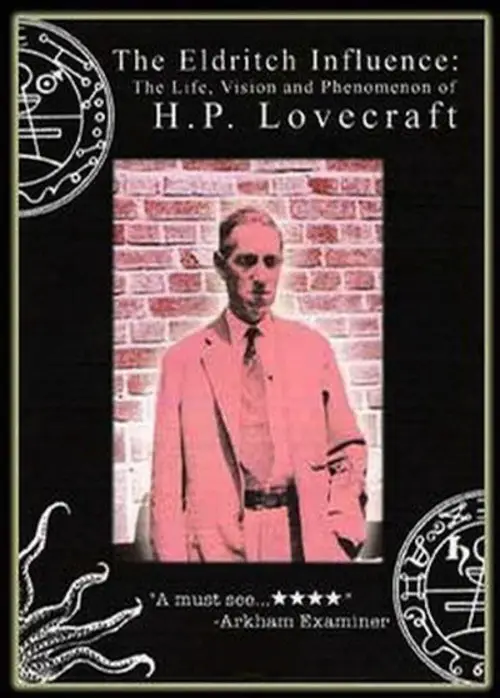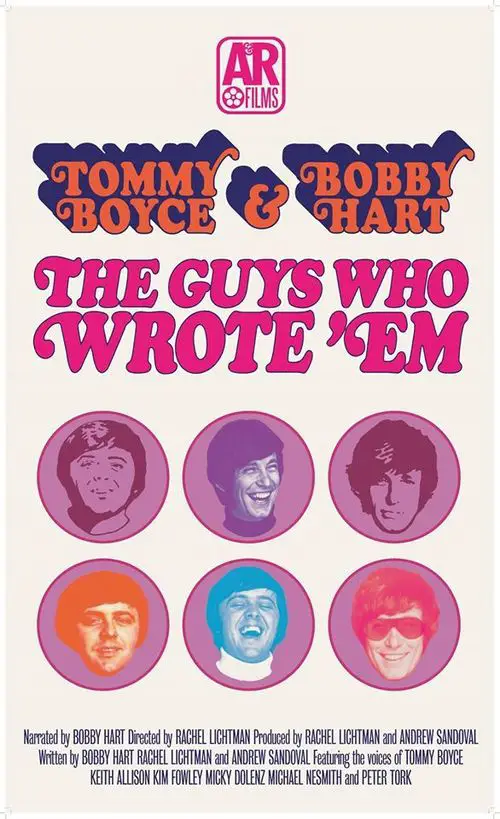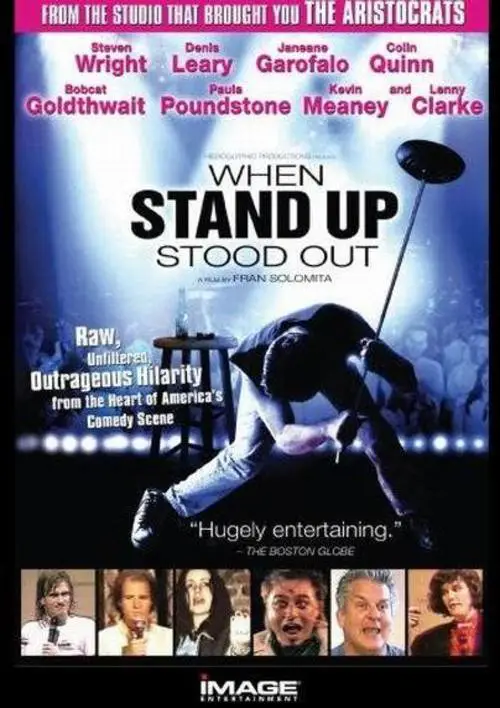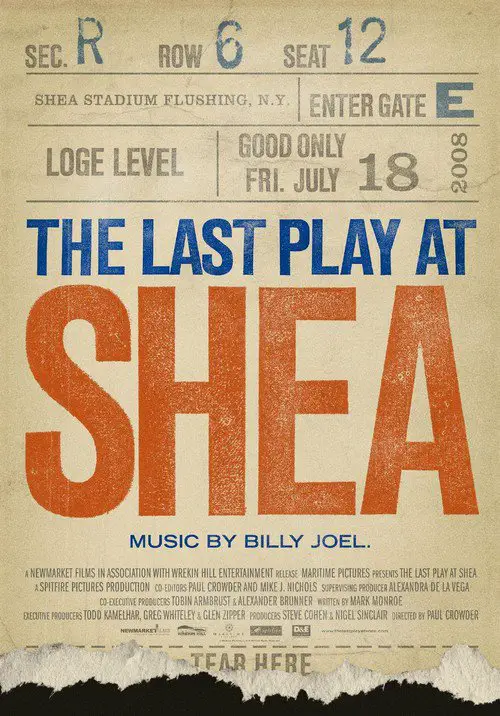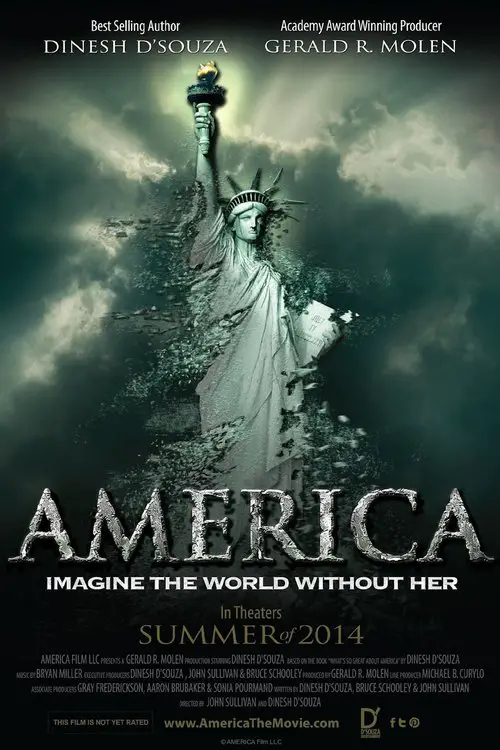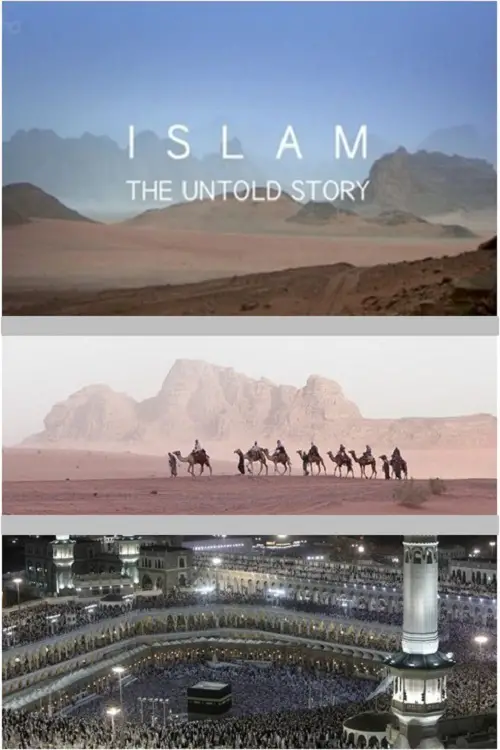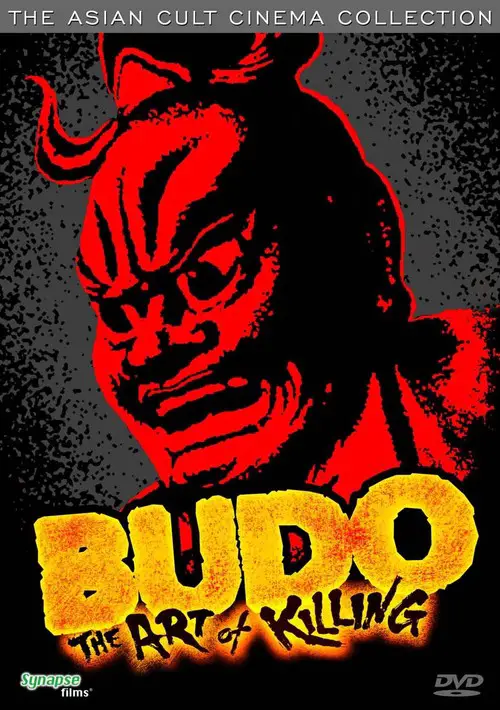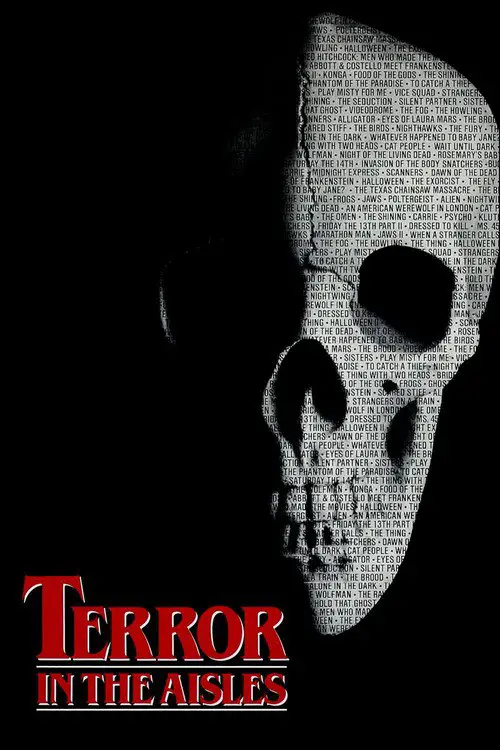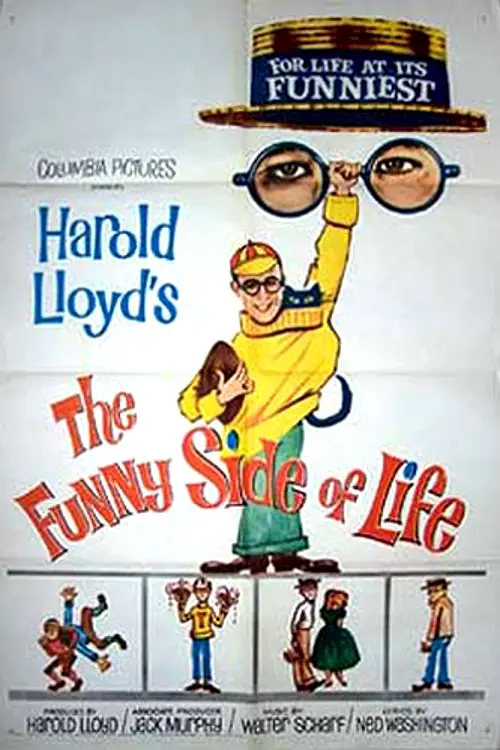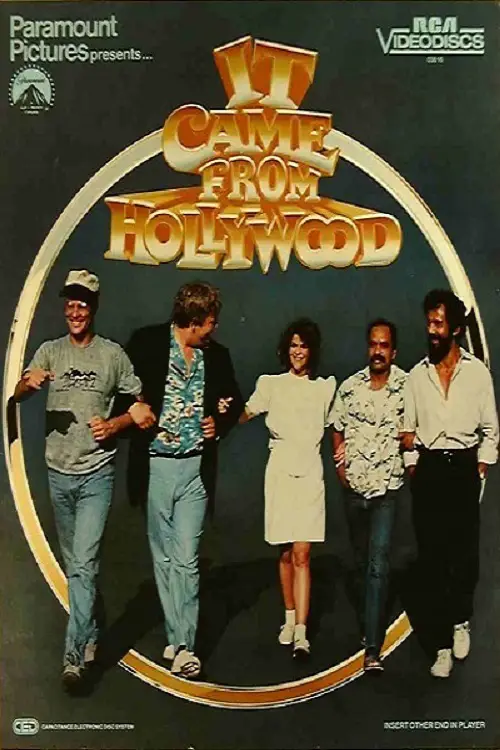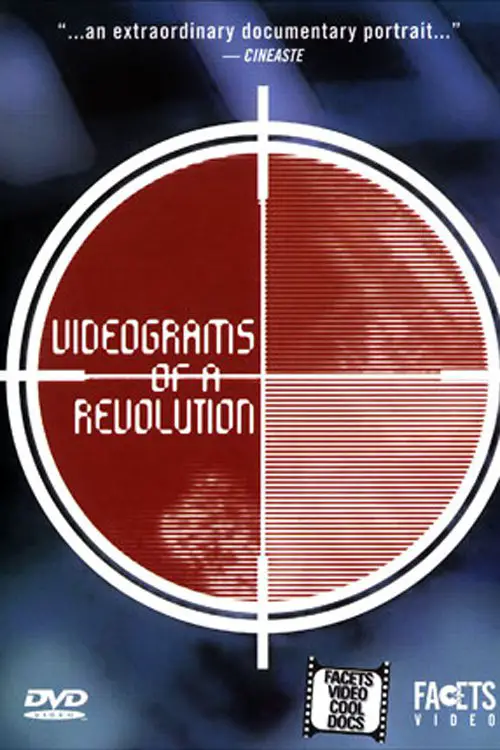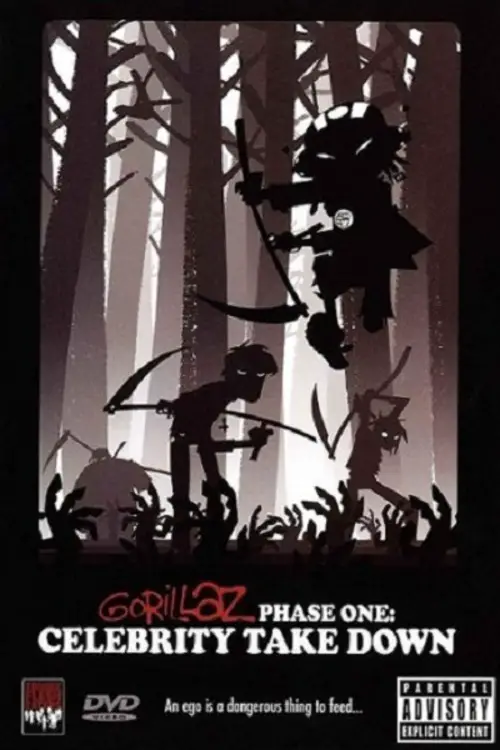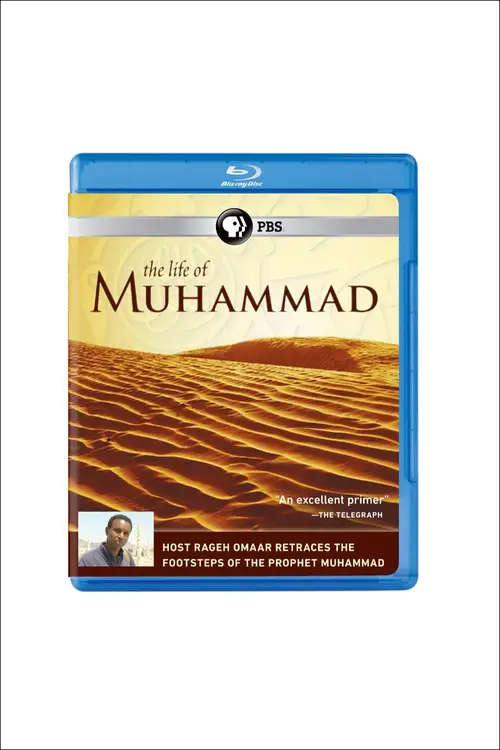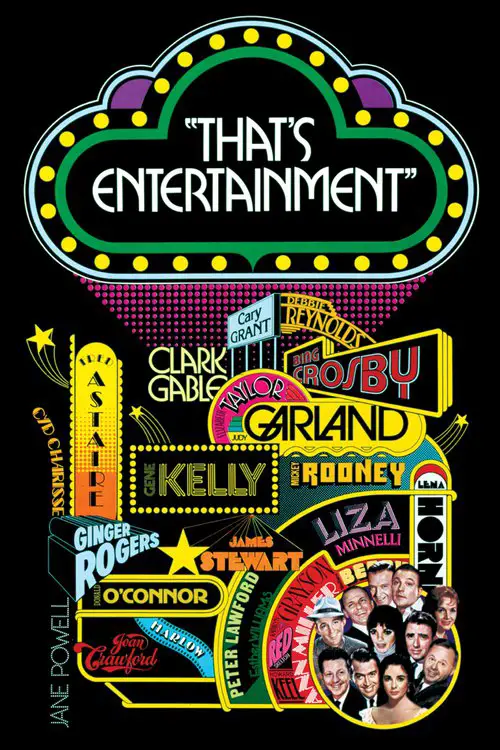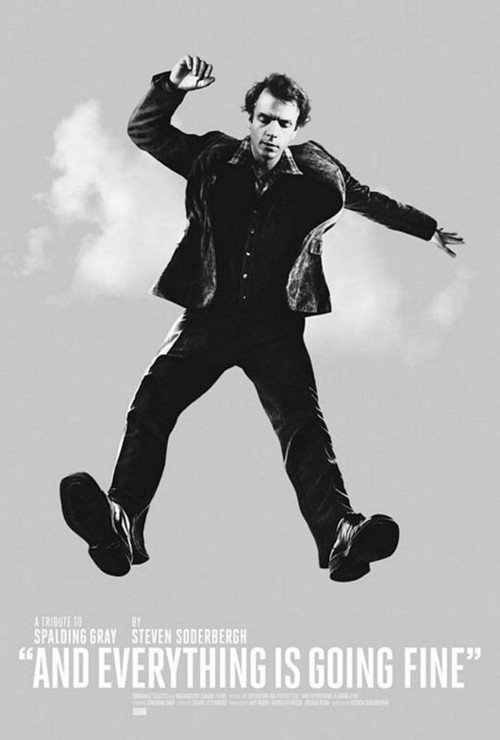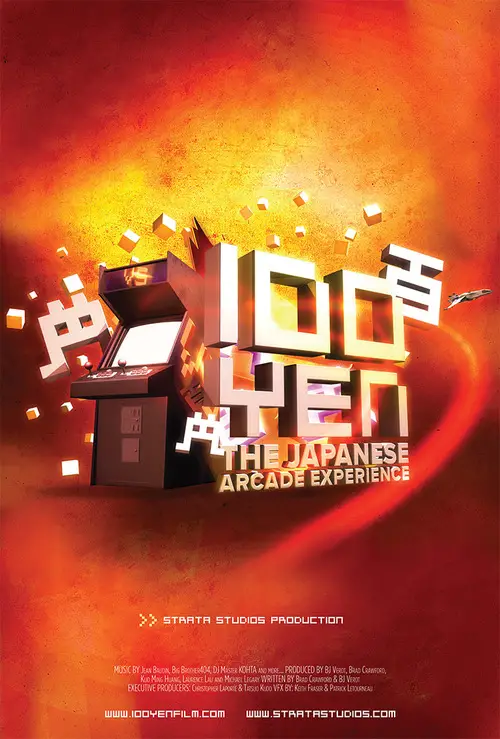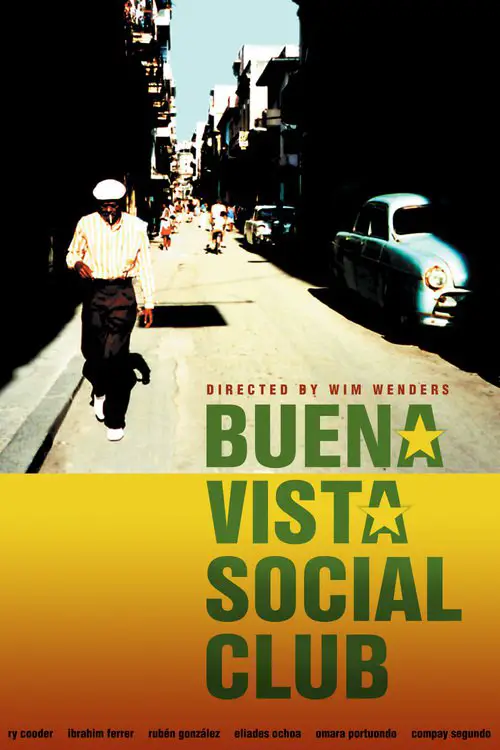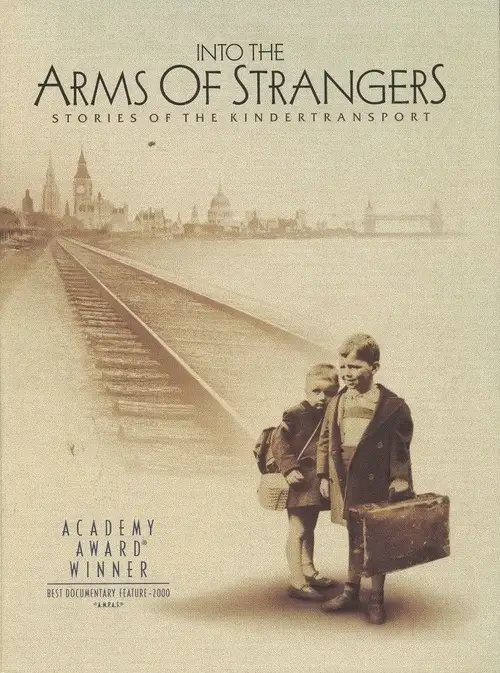The Golden Twenties (1950)
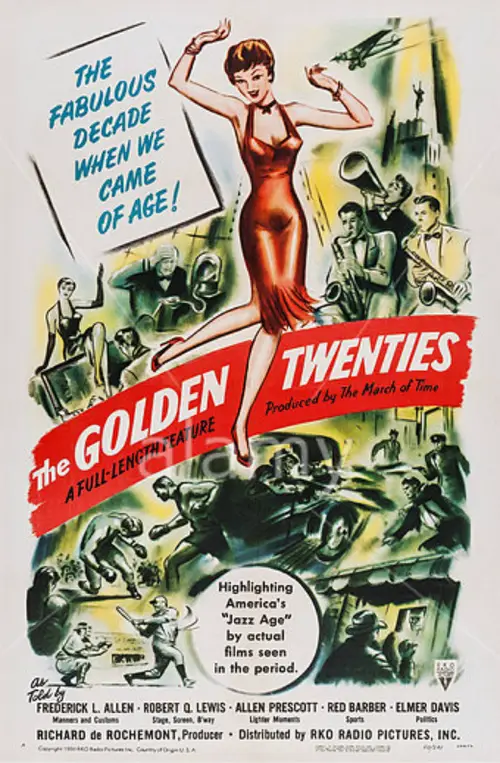
Similar movies
When Allied forces liberated the Nazi concentration camps in 1944-45, their terrible discoveries were recorded by army and newsreel cameramen, revealing for the first time the full horror of what had happened. Making use of British, Soviet and American footage, the Ministry of Informationâs Sidney Bernstein (later founder of Granada Television) aimed to create a documentary that would provide lasting, undeniable evidence of the Nazisâ unspeakable crimes. He commissioned a wealth of British talent, including editor Stewart McAllister, writer and future cabinet minister Richard Crossman â and, as treatment advisor, his friend Alfred Hitchcock. Yet, despite initial support from the British and US Governments, the film was shelved, and only now, 70 years on, has it been restored and completed by Imperial War Museums.
Through a focus on the life of Dalton Trumbo (1905-1976), this film examines the effects on individuals and families of a congressional pursuit of Hollywood Communists after World War II. Trumbo was one of several writers, directors, and actors who invoked the First Amendment in refusing to answer questions under oath. They were blacklisted and imprisoned. We follow Trumbo to prison, to exile in Mexico with his family, to poverty, to the public shunning of his children, to his writing under others' names, and to an eventual but incomplete vindication. Actors read his letters; his children and friends remember and comment. Archive photos, newsreels and interviews add texture. Written by
Based on the journal of Knud Rasmussen's "Great Sled Journey" of 1922 across arctic Canada. The film is shot from the perspective of the Inuit, showing their traditional beliefs and lifestyle. It tells the story of the last great Inuit shaman and his beautiful and headstrong daughter; the shaman must decide whether to accept the Christian religion that is converting the Inuit across Greenland.
The Polish city of Lodz was under Nazi occupation for nearly the entire duration of WWII. The segregation of the Jewish population into the ghetto, and the subsequent horrors of the occupation are vividly chronicled through newsreels and photographs. The narration is taken almost entirely from journals and diaries of those who lived--and died--through the course of the occupation, with the number of different narrators diminishing over the course of the film, symbolic of the death of each narrator.
For 200 years, the United States Congress has been one of the country's most important and least understood institutions. In this elegant, thoughtful and often touching portrait, Ken Burns explores the history and promise of this unique American institution. Using historical photographs and newsreels, evocative live footage and interviews with David Broder, Alistair Cooke, Cokie Roberts, Charles McDowell and others, the award-winning film chronicles the personalities, events and issues that have animated the first 200 years of Congress and, in turn, our country.
Spectacular shots of snowcapped peaks and extreme skiers gracefully defying gravity, not to mention common sense, are the highlights of this entertaining video from the venerable guru of skiing movies, Warren Miller. Sparing no expense, Miller's film crews span the globe, shooting snowboarders careening down absurdly steep Alaskan peaks, ski guides helicoptering to remote slopes in British Columbia, and hardy (and uninhibited) Scotsmen who boldly catch some "big air" in kilts. This video is fraught with offbeat humor, including shots of a snowshoe race that could have been filmed by Mack Sennett, and footage of "face jumping," the oddball diversion of hurling oneself off Alpine glaciers and parachuting to earth. Miller's gentle narration, replete with trademark corny remarks reminiscent of old movie newsreels, mixes with a musical soundtrack of contemporary rock that is often uncannily synched with the astounding footage of extreme skiing.
Vintage newsreels and interviews help re-create the magic of "The Summit," a memorable period in 1960 in which Frank Sinatra and his Rat Pack took over Las Vegas' Sands Hotel during filming of the original Ocean's 11. Highlights include clips from the Rat Pack's nightly performances in the hotel's legendary Copa Room, where they entertained everyone from mafiosos to soon-to-be-president John F. Kennedy.
The Beatles. Their story is told for the very first time using original rare film and video of the band, including home movies, concert footage, newsreels and photographs from private collections. There are also interviews with those who surrounded the band, and those who were there from the very start. Also included is an exclusive interview with fan and star in his own right, Phil Collins. For the first time we can see The Beatles relaxed, at play, on and off stage, on film and is a rare glimpse inside the lives of four musicians who shook the world.
ON JUNE 4th 1989, CHINA WAS CHANGED FOREVER. Beijing, May, 1989. the world watched as a hundred students became a thousand, as thousands became a million - and a nation starved of freedom, cried out for a taste of democracy. In this compelling film, director Michael Apted (Nell, Gorillas in the Mist), captures the power and passion of the Tiananmen Square uprising through a unique combination of newsreel footage, dramatic re-enactments and extensive input from the actual student leaders. Exploring their personal histories, reflections and thoughts on the future. MOVING THE MOUNTAIN paints a portrait of courage, conviction, and commitment that the NEW YORK POST calls, "A soaring - and sobering - tribute to the human spirit."
After breaking ties with the Nation of Islam, Malcolm X became a man marked for death...and it was just a matter of time before his enemies closed in. Despite death threats and intimidation, Malcolm marched on - continuing to spread the word of equality and brotherhood right up until the moment of his brutal and untimely assassination. Highlighted by newsreel footage and interviews, this is the story of the last twenty-four hours of Malcolm X. Featuring the music of jazz percussionist Max Roach.
Legendary martial artist Bruce Lee is the subject of this thoughtful documentary by Lee aficionado John Little. Using interviews, behind-the-scenes footage and action sequences from Lee's last (unfinished) film, Game of Death, Little paints a textured, complex portrait of the world's most famous action hero
The Secret History of Hacking is a 2001 documentary film that focuses on phreaking, computer hacking and social engineering occurring from the 1970s through to the 1990s. Archive footage concerning the subject matter and (computer generated) graphical imagery specifically created for the film are voiced over with narrative audio commentary, intermixed with commentary from people who in one way or another have been closely involved in these matters.
As the human world gathers to stage the Olympic Games, this programme looks at what would happen if animals were to do the same. Competitors from the mammal, bird, insect, reptile and fish nations are scaled to human size as they compete in Olympic events. On screen BBC sport graphics impart facts and figures, with commentary from John Motson and Jonathan Pearce.
A documentary about the legendary series of nationally televised debates in 1968 between two great public intellectuals, the liberal Gore Vidal and the conservative William F. Buckley Jr. Intended as commentary on the issues of their day, these vitriolic and explosive encounters came to define the modern era of public discourse in the media, marking the big bang moment of our contemporary media landscape when spectacle trumped content and argument replaced substance. Best of Enemies delves into the entangled biographies of these two great thinkers and luxuriates in the language and the theater of their debates, begging the question, 'What has television done to the way we discuss politics in our democracy today?'
The great media prankster, Joey Skaggs, wants to fool the world media AGAIN, and, with the most complex hoax of his career in the pipeline, he now must use every trick in his prankster's arsenal to make it work. Art of the Prank is an emotional journey following the evolution of artist Joey Skaggs-a fierce proponent of independent thinking and the man who has turned the media hoax into an art form. With unprecedented access to the man and his archives, the 95-minute documentary interweaves a current unfolding hoax with a look behind-the-scenes at some classic performance pieces (all reported as fact by a wide range of prestigious journalists) plus commentary from co-conspirators and others. -IMDB
'Electoral Dysfunction' uses irreverent humor to illuminate how voting works - and doesn't work - in America. Hosted by Mo Rocca (a Correspondent for CBS News, a panelist on NPR's 'Wait, Wait ... Don't Tell Me!' and a former Correspondent for 'The Daily Show'), the film is structured as a road trip that begins when Mo makes an eye-opening discovery: The Constitution does not guarantee the right to vote, putting America in the company of Libya, Iran and Indonesia. Mo explores the battle over voter fraud and voter I.D.; searches for the Electoral College; critiques ballot design with Todd Oldham; and encounters experts and activists across the political spectrum who offer commentary on why our voting system is broken and how it can be fixed.
The Age of Stupid is the new movie from Director Franny Armstrong (McLibel) and producer John Battsek (One Day In September). Pete Postlethwaite stars as a man living alone in the devastated future world of 2055, looking at old footage from 2008 and asking: why didnât we stop climate change when we had the chance?
A look at Fellini's creative process. In extensive interviews, Fellini talks a bit about his background and then discusses how he works and how he creates. Several actors, a producer, a writer, and a production manager talk about working with Fellini. Archive footage of Fellini and others on the set plus clips from his films provide commentary and illustration for the points interviewees make. Fellini is fully in charge; actors call themselves puppets. He dismisses improvisation and calls for "availability." His sets and his films create images that look like reality but are not; we see the differences and the results.
Black and white footage of performances, interviews, and conversations at the Newport Folk Festival, from 1963 to 1966. The headliners are Peter, Paul and Mary, Joan Baez, Pete Seeger, and Bob Dylan, who's acoustic and electric. Son House and Mike Bloomfield talk about the blues; John Hurt, Howlin' Wolf, and Sonny Terry and Brownie McGhee show its range. The Osborne Brothers perform bluegrass. Donovan, Johnny Cash, Judy Collins, Mimi and Dick Farina, and others less well known also perform. Several talk musical philosophy, and there's a running commentary about the nature and appeal of folk music. The crowd looks clean cut.
Documentary filmmaker Robert Kenner examines how mammoth corporations have taken over all aspects of the food chain in the United States, from the farms where our food is grown to the chain restaurants and supermarkets where it's sold. Narrated by author and activist Eric Schlosser, the film features interviews with average Americans about their dietary habits, commentary from food experts like Michael Pollan and unsettling footage shot inside large-scale animal processing plants.
A French documentary or, one might say more accurately, a mockumentary, by director William Karel which originally aired on Arte in 2002 with the title Opération Lune. The basic premise for the film is the theory that the television footage from the Apollo 11 Moon landing was faked and actually recorded in a studio by the CIA with help from director Stanley Kubrick.
Anchored by intimate, one-on-one interviews with the man himself, Nicholas Wrathallâs new documentary is a fascinating and wholly entertaining tribute to the iconic Gore Vidal. Commentary by those who knew him bestâincluding filmmaker/nephew Burr Steers and the late Christopher Hitchensâblends with footage from Vidalâs legendary on-air career to remind us why he will forever stand as one of the most brilliant and fearless critics of our time.
A documentary film that explores the early Boston Hardcore music scene from the years 1981 through 1984. This film delves into the social and communal aspects of that particular era. The community, culture, straight edge and DIY (do it yourself) ethic of the time are all explored in the film. Never before seen archival footage, photographs, interviews and dramatizations make up the body of the film. Bands included are SS Decontrol, DYS, Gang Green, The FU's, Jerry's Kids, Negative FX, The Freeze, and more.
Documents the life and work of cult SF author and philosopher Jeff Lint, creator of some of the strangest and most inventive works of the 20th century. Featuring clips from Lint's books, cartoons, music, comics and films, the movie follows Lint's life from the days of vintage pulp, psychedelia and his disastrous scripts for Star Trek and Patton. Newly discovered archive footage and recordings of Lint himself, and commentary by those who knew and read him, results in a compelling portrait of the creator of Clowns and Insects, Jelly Result, The Stupid Conversation, the Caterer comic, and Catty and the Major, the scariest kids' cartoon ever aired.
With commentary from Hollywood stars, outtakes from his movies and footage from his youth, this documentary looks at Stanley Kubrick's life and films. Director Jan Harlan, Kubrick's brother-in-law and sometime collaborator, interviews heavyweights like Jack Nicholson, Woody Allen and Sydney Pollack, who explain the influence of Kubrick classics like "Dr. Strangelove" and "2001: A Space Odyssey," and how he absorbed visual clues from disposable culture such as television commercials.
In 1971, to get breathing room from tax and management problems, the Stones go to France. Jimmy Miller parks a recording truck next to Keith Richards and Anita Pallenberg's Blue Coast villa, and by June the band is in the basement a few days at a time. Upstairs, heroin, bourbon, and visitors are everywhere. The Stones, other musicians and crew, Pallenberg, and photographer Dominique Tarle, plus old clips and photos and contemporary footage, provide commentary on the album's haphazard construction. By September, the villa is empty; Richards and Jagger complete production in LA. "Exile on Main Street" is released to mediocre reviews that soon give way to lionization.
The Eldritch Influence looks at the world of literary outsider H.P. Lovecraft who posthumously infected a large number of artists, writers, mystics, and fanatics with his wonderfully bleak worldview. Using passionate interviews and colorful commentary the film presents a picture of Lovecraftâs life and thought through those heâs touched and inspired. Featuring extensive interviews with Lovecraft biographer S.T. Joshi, authors Ramsey Campbell, Neil Gaiman, Brian Lumley, and filmmaker Stuart Gordon.
he remarkable story of the 1960's duo Tommy Boyce & Bobby Hart who created the sound of The Monkees, scored hit after hit and inspired a youth movement to lower the voting age. They were actors, activists, singers, songwriters and pop culture icons. The story of their unique partnership is told through their own movies, photographs and personal archives. Narrated by Bobby Hart and featuring commentary from Tommy Boyce, Michael Nesmith, Micky Dolenz, Peter Tork, Kim Fowley and others.
Documentary covering what came to be known as "The Boston Gold Rush" of the late 1970s and early 1980s, when Boston stand-up comedians like Dennis Leary, Steven Wright and Colin Quinn burst upon the national scene, giving audiences a taste of the hard-edged social and political commentary that came out of that city.
In 1964, when the New York Mets were regarded as little more than a punch line in major league baseball, the team moved into a brand new ballpark, Shea Stadium, which was to become their home for the next forty-four years. Shea Stadium was closed (in part to create more parking space for a new stadium, Citi Field), and on July 16 and 18, 2008, Billy Joel headlined the final concerts held at the stadium. Filmmaker Paul Crowder and a camera crew were on hand for Joel's shows, and the documentary THE LAST PLAY AT SHEA chronicles his historic two-night stand, as well as exploring Joel's career, his ties to working-class New York, and how his life and career paralleled the growth of suburban Long Island and the beloved ballpark.
Political commentator, author and filmmaker Dinesh D'Souza puts forth the notion that America's history is being replaced by another version in which plunder and exploitation are the defining characteristics. D'Souza also posits that the way the country understands the past will determine the future. Using historic re-enactments, D'Souza explores the lives and sacrifices of some of America's greatest heroes, including George Washington and Frederick Douglass.
Budo: The Art of Killing is an award winning 1978 Japanese martial arts documentary created and produced by Hisao Masuda and financed by The Arthur Davis Company. Considered a cult classic, the film is a compilation of various Japanese martial art demonstrations by several famous Japanese instructors such as Gozo Shioda, Taizaburo Nakamura and Teruo Hayashi. Martial arts featured in the film include: Karate, Aikido, Kendo, Sumo, and Judo among others.
Academy Award® winning director and master storyteller James Cameron journeys back to the site of his greatest inspiration, the legendary wreck of the Titanic. With a team of the world's foremost historic and marine experts and friend Bill Paxton, he embarks on an unscripted adventure back to the final grave where nearly 1,500 souls lost their lives almost a century ago.
Videograms of a Revolution is a 1992 documentary film compiled by Harun Farocki and Andrei UjicÄ from over 125 hours of amateur footage, news footage, and excerpts from the Bucharest TV studio overtaken by demonstrators as part of the December 1989 Romanian Revolution. In 2004 the Austrian Film Archive selected the documentary as part of its Die Utopie Film program for The Best 100 in Film History list.
From the first time he performed Swimming to Cambodia - the one-man account of his experience of making the 1984 film The Killing Fields - Spalding Gray made the art of the monologue his own. Drawing unstintingly on the most intimate aspects of his own life, his shows were vibrant, hilarious and moving. His death came tragically early, in 2004; this compilation of interview and performance footage nails his idiosyncratic and irreplaceable brilliance.
Imagine a world where video games reign supreme. Five story buildings filled with arcade cabinets, old and new, inundate the streets. Welcome to downtown Tokyo, Japan. A place where the arcades of the 80s and 90s not only still exist, but thrive and have evolved into an elaborate, unmatchable gaming experience. 100 Yen is a historical documentary about the evolution of arcades and the culture surrounding it - from the birth of arcades to the game centers that still thrive today. With a predominant focus on the three major arcade genres, Shooting games, Fighting games and Rhythm games, 100 Yen explores the culture and evolution of arcades through the past and present. Featuring interviews with industry professionals, game programmers and designers, casual gamers and gaming icons from Japan, Canada, and the USA.
In this fascinating Oscar-nominated documentary, American guitarist Ry Cooder brings together a group of legendary Cuban folk musicians (some in their 90s) to record a Grammy-winning CD in their native city of Havana. The result is a spectacular compilation of concert footage from the group's gigs in Amsterdam and New York City's famed Carnegie Hall, with director Wim Wenders capturing not only the music -- but also the musicians' life stories.
Jackass 3D is a 3-D film and the third movie of the Jackass series. It follows the same premise as the first two movies, as well as the TV series. It is a compilation of various pranks, stunts and skits. Before the movie begins, a brief introduction is made by Beavis and Butt-head explaining the 3D technology behind the movie. The intro features the cast lining up and then being attacked by various objects in slow-motion. The movie marks the 10th anniversary of the franchise, started in 2000.
Sally: Behind the Smile gives a fly-on-the-wall insight into one of Australia's most beloved athletes as she attempts to overcome some of the biggest hurdles of her burgeoning career in pursuit of that all-encompassing goal, a surfing world title. A Red Bull Media House production realized by Milkmoney, Sally: Behind the Smile is a definitive compilation of all things Sally Fitzgibbons that every aspiring and professional athlete can take something away from.
© Valossa 2015–2026
| Privacy Policy
